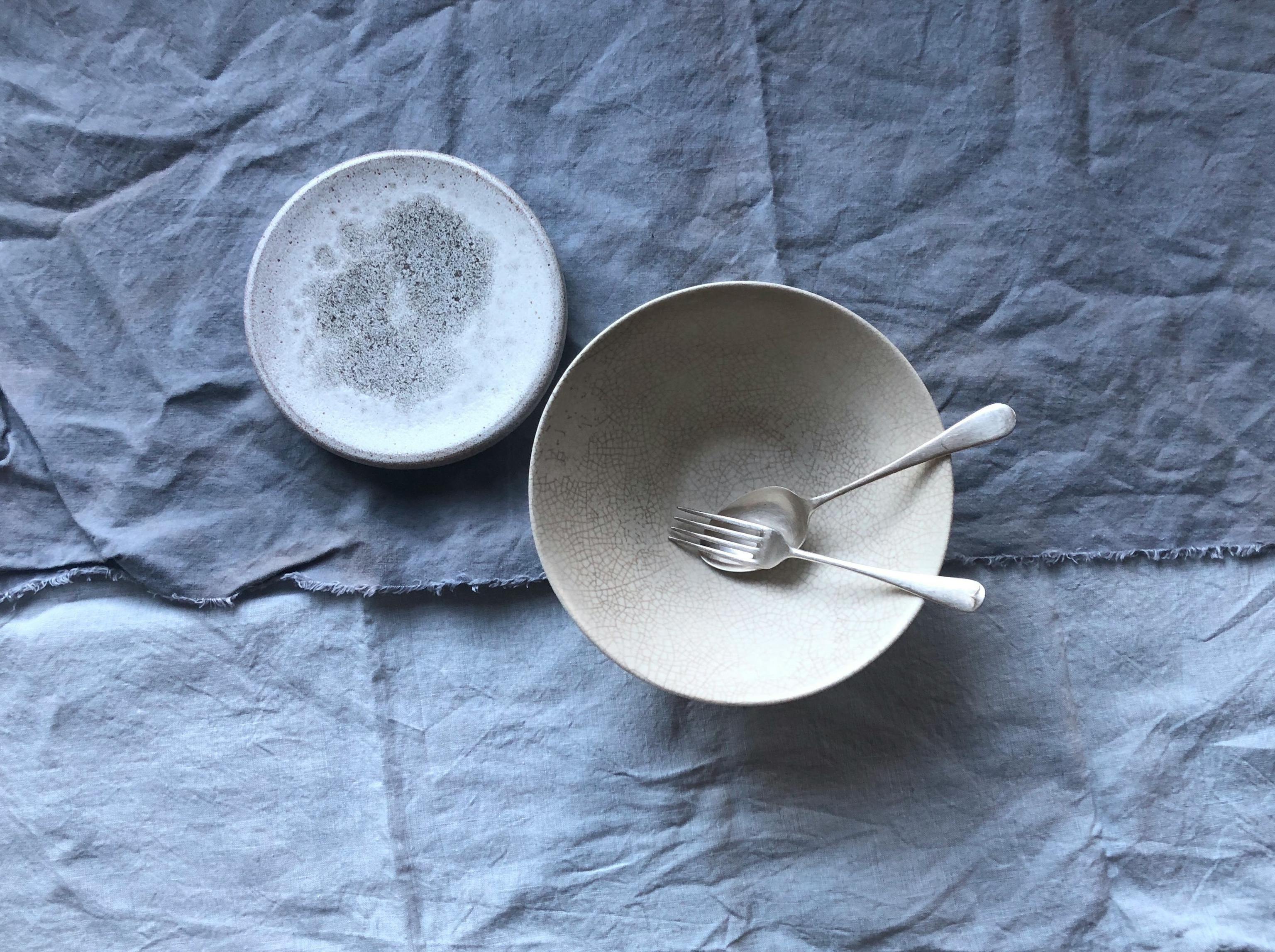
Search #protein on Instagram and, at the time of writing, you are met with 24.3 million posts. Amongst the six packs and the weightlifters you find the food. Protein-packed flapjacks and pancakes, takeaway pots of hard-boiled eggs and edamame beans, shakes and enriched juices, peanut-buttered granola and fresh rolled sushi… the list goes on.
We’ve become a bit obsessed with protein. In some ways it’s easy to see why. Protein performs a vital role in every cell of our bodies. It’s needed to build and repair tissue, and is a building block of our muscles, skin and blood. For a long time, meat has been seen as an important source of protein in the western diet but for those of us who put vegetables at the centre of our plates, how do we know if we are getting enough? This is still one of the questions I get asked the most.
The truth is, on average in the UK, we eat almost double the protein we need.
Most adults need around 0.75g of protein per kilo of body weight per day (for the average woman, this is 45g, or 55g for men). That’s around two handful-sized portions of nuts, tofu, meat or fish, per day. But in the UK, most of us consume around 45–55% more protein than we need each day, according to the National Diet and Nutrition Survey.
Some research has shown that vegans do require a higher protein intake because of the way our bodies process plant protein. Even then, a daily intake of 1g per kilo of body weight is the recommendation quoted on the Vegan Society website. There are, of course, plenty of plant-based protein sources. Pulses, soya beans, quinoa, nuts, seeds, and whole grains are all brilliant ingredients for a diet rich in nutrients, fibre and protein. See the note on complete protein below.
Scientists believe that the idea of needing additional protein in your diet to build up muscle, either through meat or supplements such as protein shakes, is a myth.Further-more, according to the British Heart Foundation, relying on meat as a protein type and eating too much of it has been linked to an increased risk of several diseases.
Even athletes training more than once a day only need twice as much protein as the average adult. Most of us, professional sportspeople or not, are already eating that amount already.
Dozens of high-profile athletes, from Venus Williams to Lewis Hamilton, rely on plant-based diets to get the most from their bodies. If it’s working for them, then I can’t help but feel it can work for us too.
Sign up to my Newsletter
Sign up for my newsletter for joyful and inspiring recipes from me every week, as well as occasional takeovers from other brilliant chefs. I promise never to go overboard and you can unsubscribe at any time.